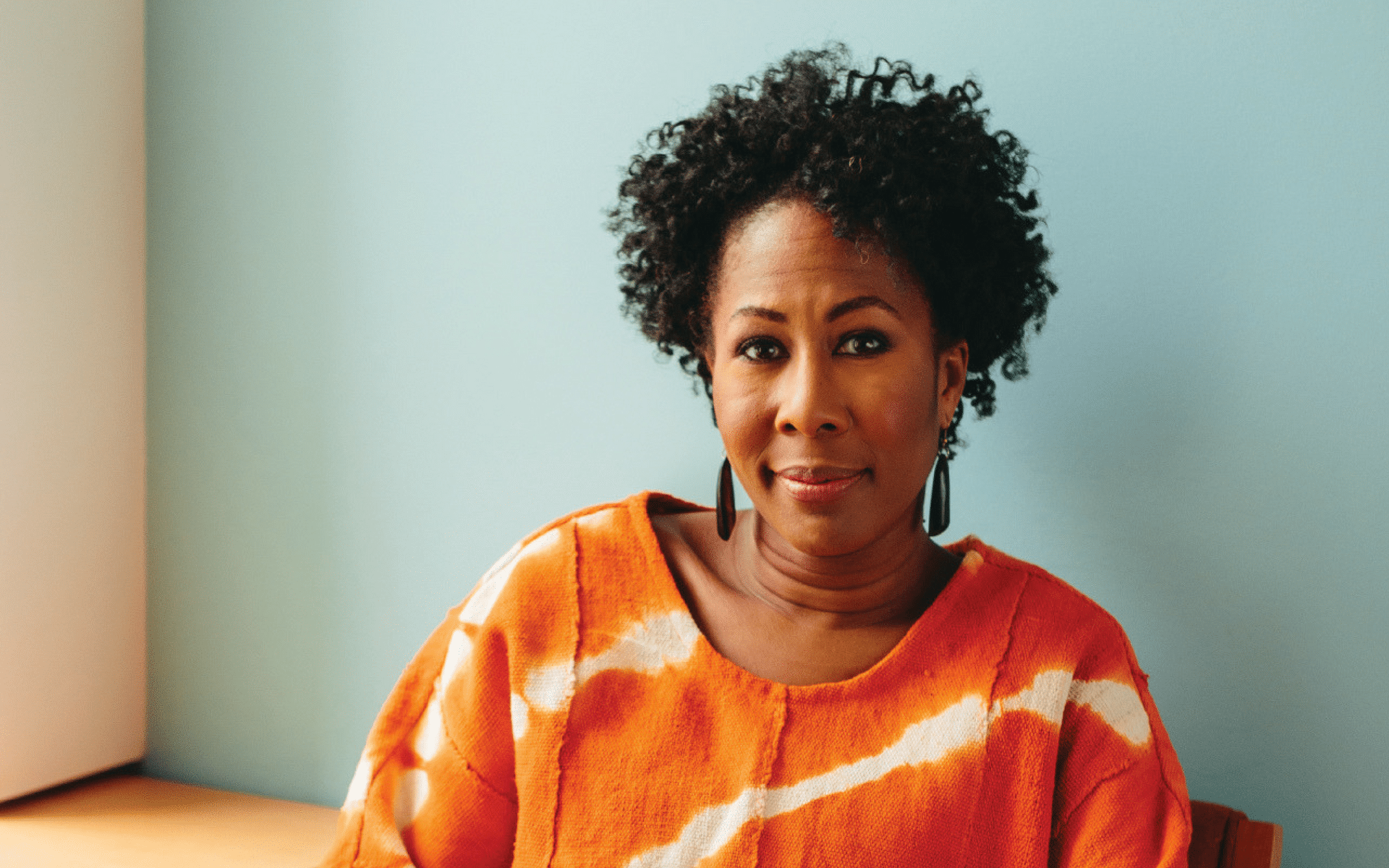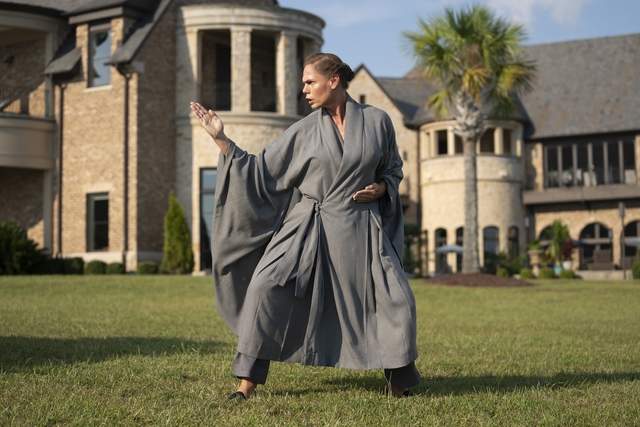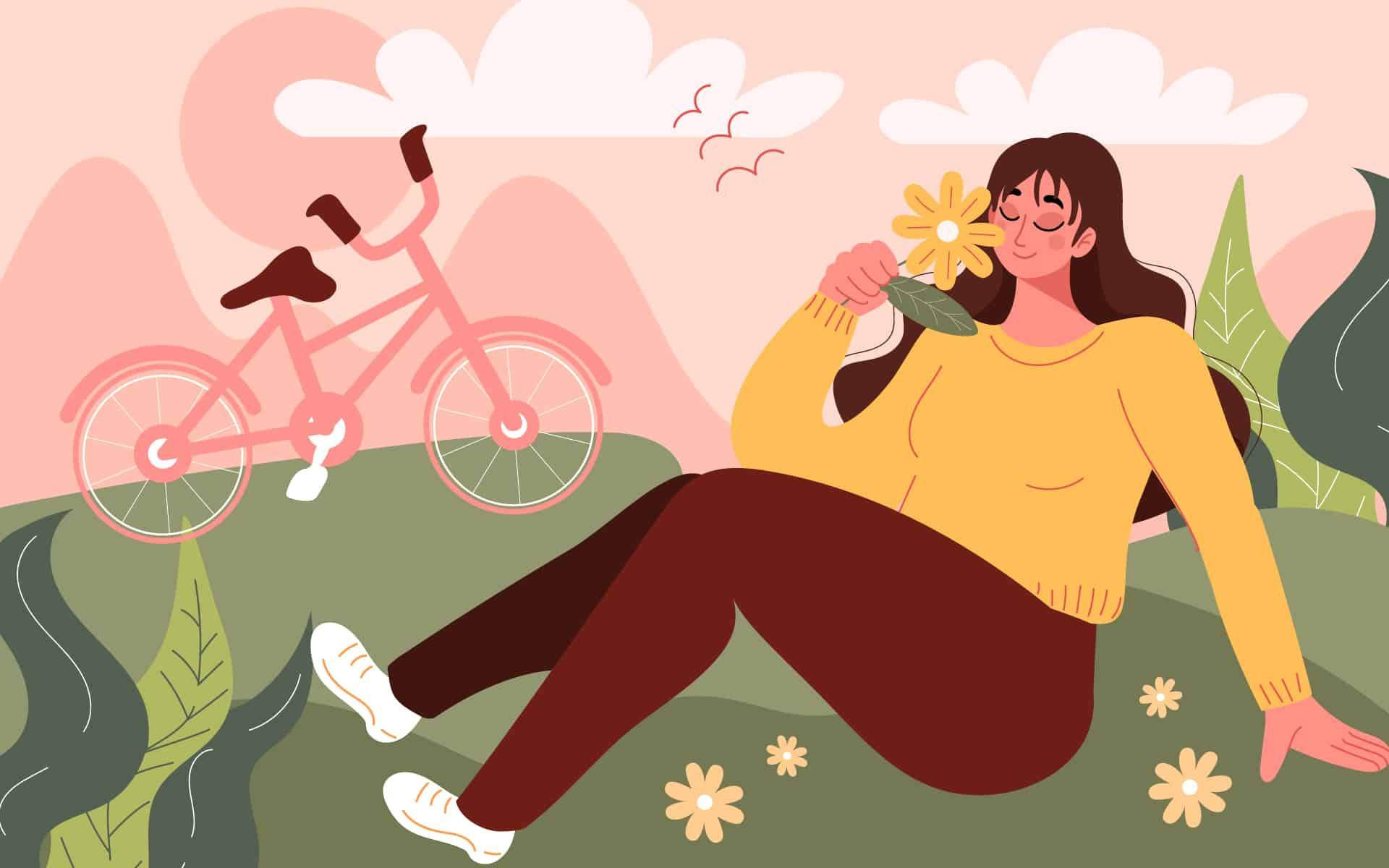In 1994, while in Oakland, California, on a film project about race and gender, Gretchen Rohr worked with a group of activists—among them former Black Panther Party leader Ericka Huggins—dedicated to addressing the sort of injustice and oppression they had experienced themselves. But what struck Rohr about these elders was their lack of bitterness. And all of them meditated.
Rohr now teaches mindfulness at her alma mater, Georgetown University Law Center, and with the Justice in Balance initiative, which is a monthly exploration of meditation and nonviolence. From 2013 to 2016, she served as a magistrate judge for the Superior Court of the District of Columbia.
Did your colleagues in California inspire you to meditate?
Not at all. The concept of mindfulness seemed too foreign, too fantastic. I was an activist trying to change the world. I thought I needed to be moving, moving, moving to make change. I guess I just needed more life to understand the power of the practice.
What changed for you?
About 10 years later, I came upon a book about love by Thich Nhat Hanh. It was like reading my own diary. It put into such clear language what I felt, based on the life I had lived, to be fundamentally true.
What truth was most important?
My parents taught me that there is no action, no wrong, no evil that can or ever should deprive us from connecting with another. Only through greater connection, through seeing ourselves in others, can we as communities overcome.
What sustains your practice?
When I moved to Washington, DC, to do advocacy work, I came across a meditation community of people of color. I began to feel the practice was mine—not something from another culture that I was mimicking or exploiting. I don’t think I would have maintained my personal daily practice if I hadn’t been exposed to a community of American-born people of color who practice. It was wonderful.
How did meditation support your work as a judge?
Each time I robed, I took a few moments to check my face, my body, what was going on in my head, how heavy or light my heart was. A senior judge, one of the people who trained me in my first few months, told me, “Be conscious of what you are bringing into the courtroom. Take a moment to remember your intention: If you let go of that, everything else can slip. “I don’t think he had meditated a day in his life, but his advice mirrored what my meditation teachers were telling me. It blew my mind.
Is mindfulness encouraged in judicial practice?
We—in the legal and meditation communities—haven’t done the best job of explaining how meditation can benefit those who practice law. There is controversy about meditation and judges. The concern is that meditation is a checking out, rather than a checking in—a way to do your job better. It bothers me when people consider meditation to be just about relaxation. There are so many obligations that come with fully living with and applying mindfulness.
“The attributes of mindfulness—wise speech, wise listening, wise intention, wise action—are tied into our professional ethics.
Can you elaborate?
As a judicial officer I followed a code of conduct, attending to bias and due diligence, transparency and honesty in disclosing relationships, ensuring I was fully resourced and prepared. The attributes of mindfulness—wise speech, wise listening, wise intention, wise action—are tied into our professional ethics. If I had not been mindful about that code a lot of bad things could have happened.
How does mindfulness support your view of justice?
Martin Luther King Jr. said, “Justice at its best is power correcting everything that stands against love.” That concept fuels my practice. For me, mindfulness isn’t just about acceptance—it’s about mindful action. There is an action-oriented message within mindfulness teaching that can get lost in the desire to calm down. We do need to calm down and relax. But not for the purpose of just relaxing. For the purpose of being like people I was exposed to in Oakland. Their ability to calm down, relax, and focus allowed them to remove the distractions that could have prevented them from being more effective as advocates for others.








